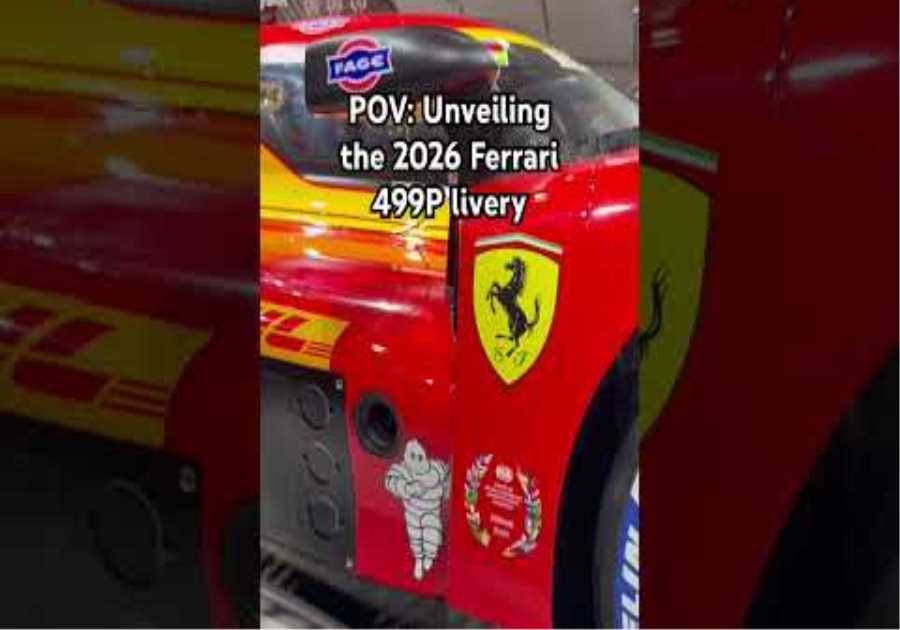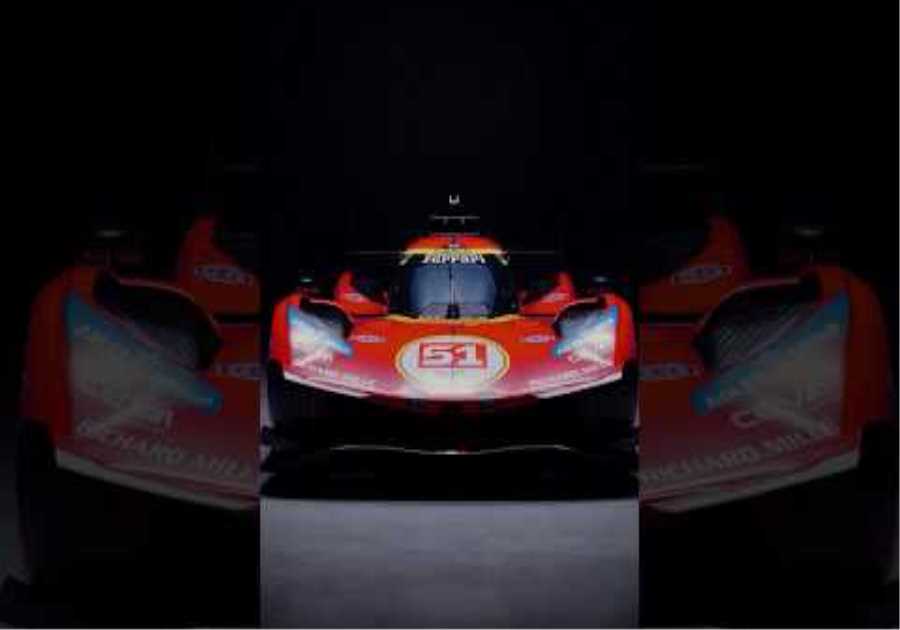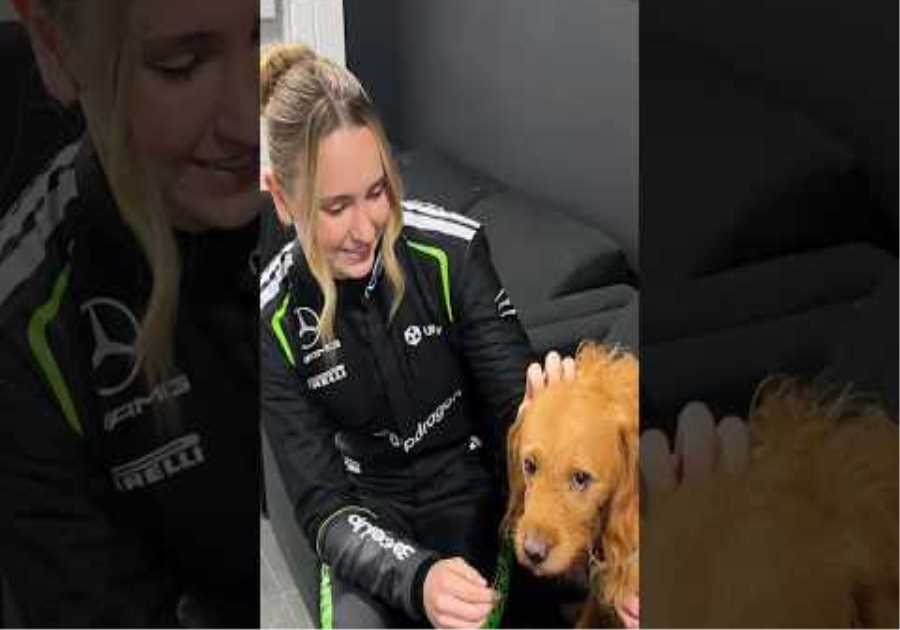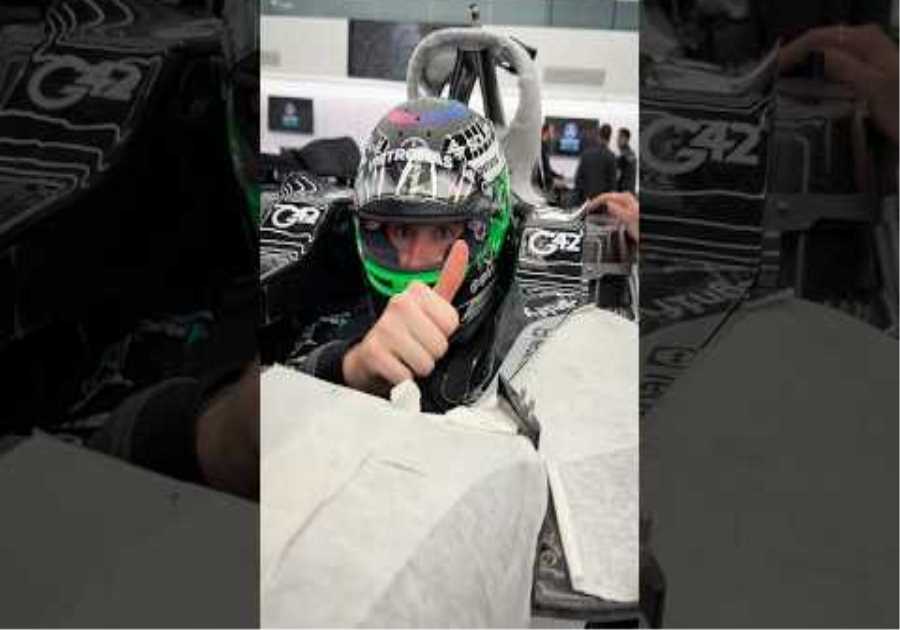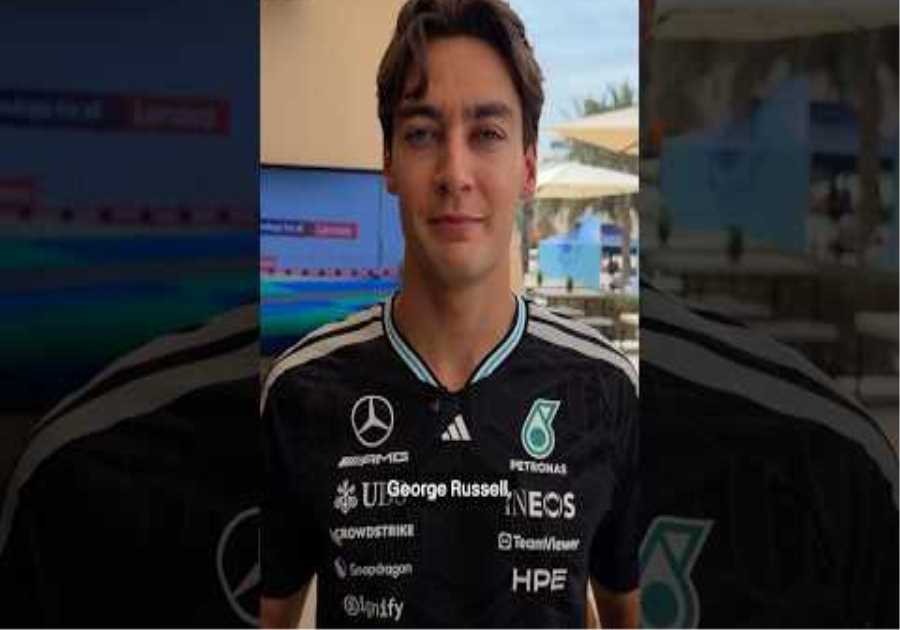The Federal Trade Commission (“FTC”) is on the receiving end of a new complaint urging it to take action over Roblox, the wildly popular metaverse/gaming platform. In a complaint lodged with the FTC this month, Truth in Advertising (“TINA”), a Connecticut-based advertising watchdog, alleges that Roblox Corporation, “a multibillion-dollar public company,” is on the hook for failing to “establish any meaningful guardrails to ensure compliance with truth in advertising laws, effectively allowing marketers, including but not limited to Alo Yoga, DC Entertainment, Forever 21, Hasbro, Hyundai Motor America, Mattel, Netflix, NFL Enterprises LLC, Nike, Paramount, and VF Corp ., to manipulate millions of consumers in one of the largest and most captivating virtual platforms on the internet today.”
Setting the stage in its 44-page complaint, which is addressed to FTC Bureau of Consumer Protection Direct Samuel AA Levine and Division of Advertising Practices Associate Director Serena Viswanathan, TINA asserts that in furtherance of its operation of a closed platform metaverse, Roblox “pushes [advertising] in front of millions of consumers, including more than 25 million children and adolescents, by a multitude of companies and their avatar influencers.” The problem it argues is that in “jump[ing] into the Roblox metaverse” in order to connect with young consumers, Roblox and these big-name companies are allegedly “exploiting children’s inability to distinguish organic content from marketing, and manipulating them and other Roblox users with undisclosed promotions that are nearly identical to organic virtual items and experiences on the platform.”
Specifically, TINA claims that companies are able to market to consumers in a variety of ways on Roblox, including using: (1) branded worlds (also known as “advergames”); (2) sponsored content placed within organic worlds; and (3) AI-controlled, as well as human-created, avatar brand influencers. Regardless of the marketing format, TINA alleges that the distinction between marketing and organic content is “almost always missing – undisclosed advertisements disguised as games are sprinkled in and among regular games, sponsored brands and items are mixed in with non-sponsored items in organic worlds , and undisclosed bots and avatar brand influencers are walking among, communicating with and playing with other Roblox users.”
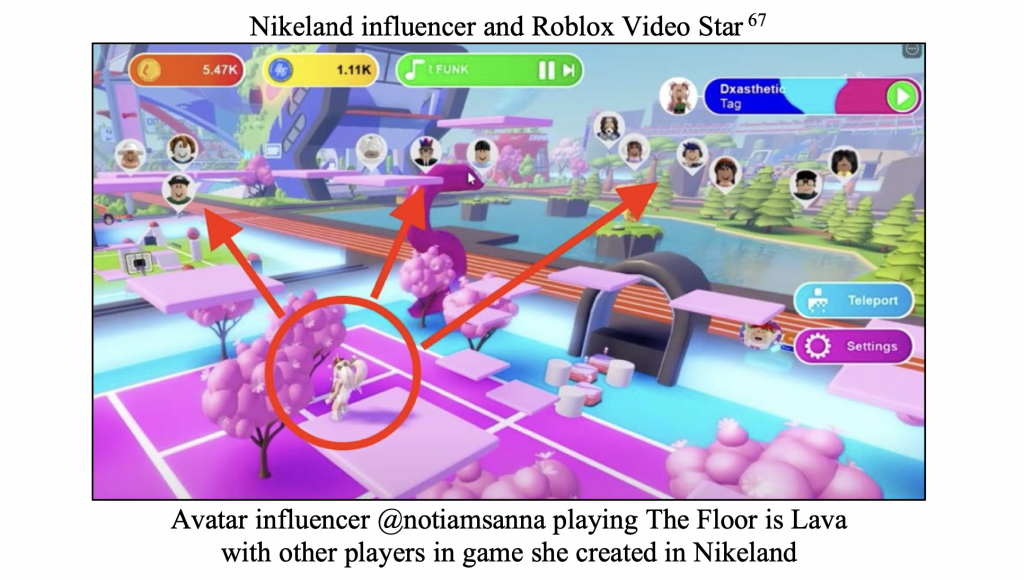
Diving into each of these marketing models, TINA states that “most of the sponsored worlds currently on Roblox are advergames, which combine advertisements and gaming in virtual experiences that are always accessible but beyond the control of any one user.” The watchdog points to Vans World, for instance, which it says “has had more than 61 million visits since its April 2021 launch.” Part of the problem, per TINA, is that “because there are more than a dozen different Vans Worlds in the Roblox metaverse, determining which one is the advergame is almost impossible.”
“Because Roblox advergames, including Nikeland, Vans World, and Hot Wheels Open World, lack clear and conspicuous disclosures informing players that the content with which they are about to engage is marketing material, millions of Roblox users are deceived and unwittingly manipulated into playing within advertisements on a regular basis,” TINA contends. “In fact, the commercial content is so covered in these ad formats that even after adults enter sponsored worlds, they can have trouble accurately identifying them as advergames.”
In addition to branded worlds, companies are allegedly making use of undisclosed sponsored content within organic worlds. According to TINA, Roblox “highlights ‘events’ on its platform but does not disclose when these events are sponsored.” Popular game Jailbreak, for example, which was developed on Roblox in 2017, hosted a limited-time sponsored event called the “OFFICIAL McLaren F1 Event” that was timed to coincide with the real-world reveal of the new McLaren MCL36. However, TINA claims that “there was no disclosure informing Roblox users of the promotional nature of this marketing event.” Despite being required by law “to clearly and conspicuously disclose the presence of sponsored content within their games and world” (just like how “real” life brands and influencers are legally obligated to disclose material connections), Roblox “does not disclose when these events are sponsored.” It also does not abide by its own terms, TINA argues, which “preclude children under the age of 13 from seeing and/or interacting with such marketing.”
Finally, in addition to “undisclosed sponsored brand content,” TINA claims that Roblox and other companies “employ undisclosed brand avatar influencers – both human-created and AI-generated – who are playing, communicating and socializing with uninformed users.” With respect to human-created avatar influencers, Roblox and various other brands have enlisted “hundreds of social media influencers, who have built their avatars in this digital metaverse, to promote brands, games and worlds,” per TINA, which states that “it appears that none of these avatar influencers are or have disclosed their material connections to the applicable brands inside the Roblox metaverse.” This means that “potentially millions of users are seeing and interacting with brand endorsers in the Roblox metaverse without ever knowing it.”
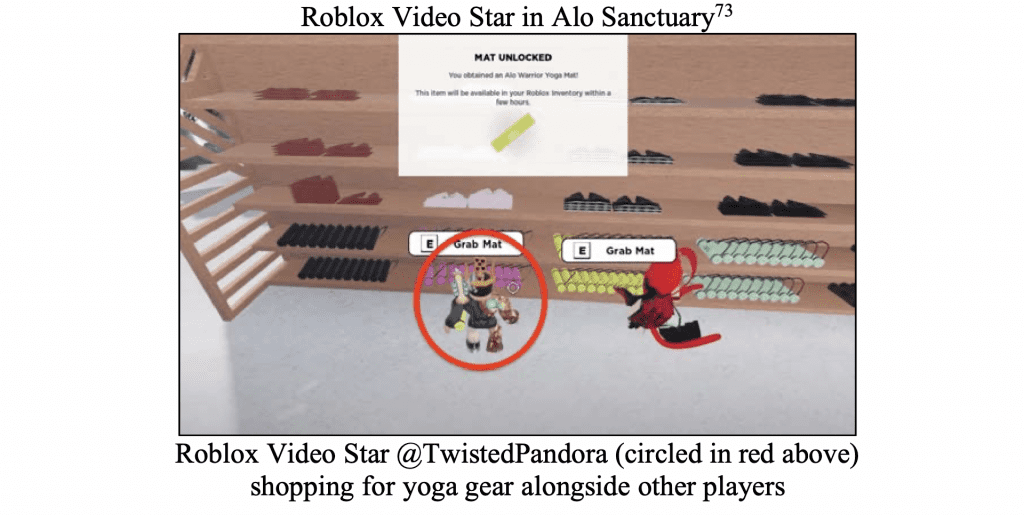
TINA points to Nike, which it claims has “enlisted at least a dozen influencers who have not only promoted Nikeland on social media platforms, but also promoted Nikeland in the Roblox metaverse through their avatars.” These Nike gear-wearing avatar influencers “spend time in Nikeland and interact with other avatars – playing games, building mini-games, ‘buying’ Nike gear and communicating with fans – yet none of them appear to have disclosed their material connection to Nike in the adver game.”
Another key takeaway point from TINA’s complaint is its emphasis on Roblox’s failure to secure the assets of its users, namely, the digital goods that they acquire for use in the Roblox metaverse. In a corresponding release, TINA states that “on its website, Roblox assures parents that its platform is ‘a safe and fun space for players,’” and yet, “in complaints to the FTC, many parents accuse Roblox of failing to protect their children in a variety of ways, including failing to protect their digital assets.” TINA cites a complaint that one parent lodged with the FTC, asserting that “their 12-year-old daughter was ‘heartbroken over her digital loss’ after hackers gained access to her Roblox account and stole valuable items including rare and legendary pets from her inventory in Adopt Me! a pet raising game” on Roblox.
Unlike other metaverse platforms, TINA contends that “Roblox virtual items and its currency are not created or secured using blockchain technology, which means Roblox objects are not NFTs (non-fungible tokens) and Robux is not a cryptocurrency.” As a result, when Roblox users lose their accounts for whatever reason, “they also lose every asset that was in the account, an occurrence that appears to happen with some frequency according to complaints filed with the FTC.”
With the preceding and other issues in mind, TINA “strongly urges the FTC to commence an investigation into the deceptive marketing on and by Roblox and take appropriate enforcement action,” arguing that “little has been done, and legislative efforts to stop manipulative online marketing that threatens children and teens have not yet come to fruition.”
A spokesperson for Roblox told TFL on Monday, “Roblox is committed to ensuring our users and developers have a positive and safe experience on our platform. We have strict guidelines for developers that want to promote or use ads within their experiences, including specific rules to protect users under 13, expectations that all developers adhere to Community Standards we strictly enforce, and no tolerance for fraud or scams. We have stringent rules and monitoring processes aimed at combating content to exploit or trick users. We also make significant investments in new ways to allow creators to be compensated for their efforts while ensuring ad experiences are transparent and comply with applicable laws and regulations.”
Reps for Nike and Vans-owner VF Corp. were not immediately available for comment.
Did you miss our previous article...
https://formulaone.news/mclaren/verstappen-may-have-won-the-2022-laureus-award-but-lewis-hamilton-has-been-a-dominant-name-in-the-past

